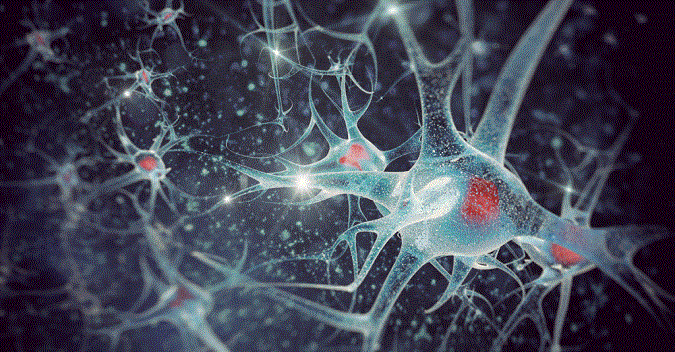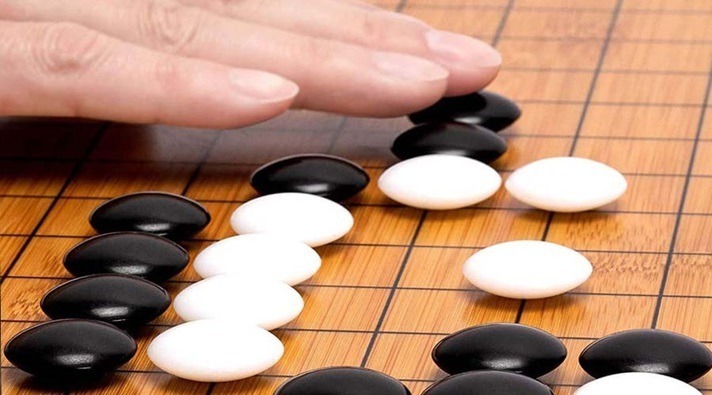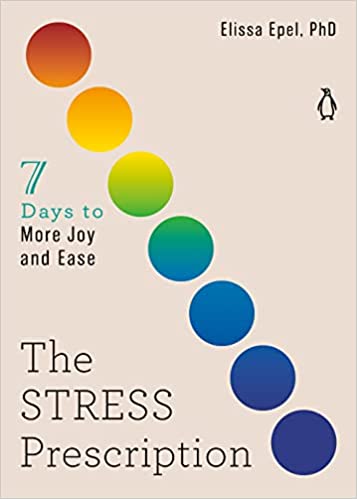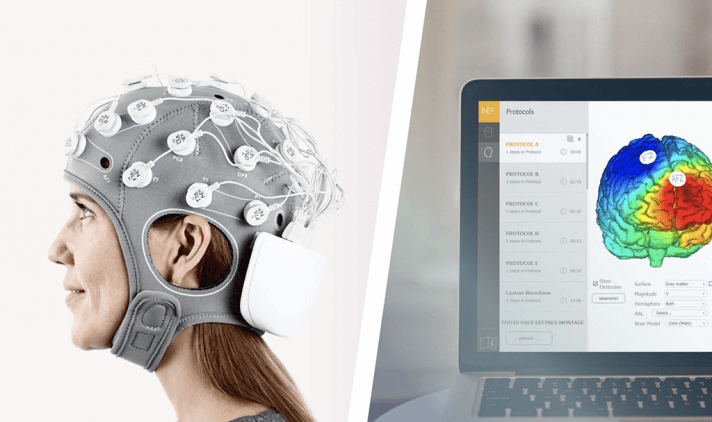Posts Tagged ‘aging’
On neuroplasticity, cognition, aging, medication, Alzheimer’s, board games, brain teasers, and more
Welcome to a new edition of SharpBrains e‑newsletter, featuring fascinating research findings on neuroplasticity, cognition, aging, medication, Alzheimer’s, board games, and more, plus some brain teasers to get you in great shape for Halloween. #1. Study: Playing board games like Chess, Mahjong, Go, helps slow cognitive decline as we age (but with clear differences in…
Read MoreStudy: Playing board games like Chess, Mahjong, Go, helps slow cognitive decline as we age (but with clear differences in neurobiology and improved function)
Playing Board Games May Slow Cognitive Decline, Improve QoL (Medscape): Playing chess or other board games slows cognitive decline and improves quality of life in older patients, results of a new systematic review suggest. … After searching the published literature, Pozzi and his colleagues selected 15 studies for the review. The studies assessed the impact…
Read MorePilot program by IU and Davos Alzheimer’s Collaborative to test AI-powered cognitive screening at scale
How AI, Digital Screening Tools Can Help Flag Early Cognitive Decline (Health IT Analytics): Early diagnosis of Alzheimer’s and other dementias remains at the forefront of efforts to minimize the impact of these neurodegenerative diseases. But challenges such as increased life expectancy and the risks of aging, along with complexities in diagnosis and treatment resulting…
Read MoreThe 7 Habits of Highly Stress-Resilient Minds
Are you suffering from chronic stress? Many of us are—whether we’re stressed out by our jobs, complicated relationships, caregiving responsibilities, or the general state of the world. That’s where Elissa Epel’s new book, The Stress Prescription, comes in. A health psychologist and director of the Aging, Metabolism, and Emotions Center at the University of California, San…
Read MoreCombined tDCS neurostimulation and cognitive training found to improve working memory among older adults–especially those with lower starting capacity
Giving memory a lift: Can games and brain stimulation do it? (MedicalNewsToday): A person’s working memory may decline with age or if they have dementia, Parkinson’s disease, or have had a stroke. When this occurs, the loss can affect their day-to-day quality of life, turning even simple tasks into often-demoralizing challenges.
Read MoreComplex occupations help protect our brains from aging-related cognitive decline
Cognitive aging: Work helps our brain (AAAS): A recent study shows that work plays an active role in keeping our brains healthy. “We have demonstrated the role of working activity on cognitive performance”. Professor Raffaella Rumiati says … “Many studies have been focused on the factors influencing our brain aging and differences in cognitive decline…
Read More





